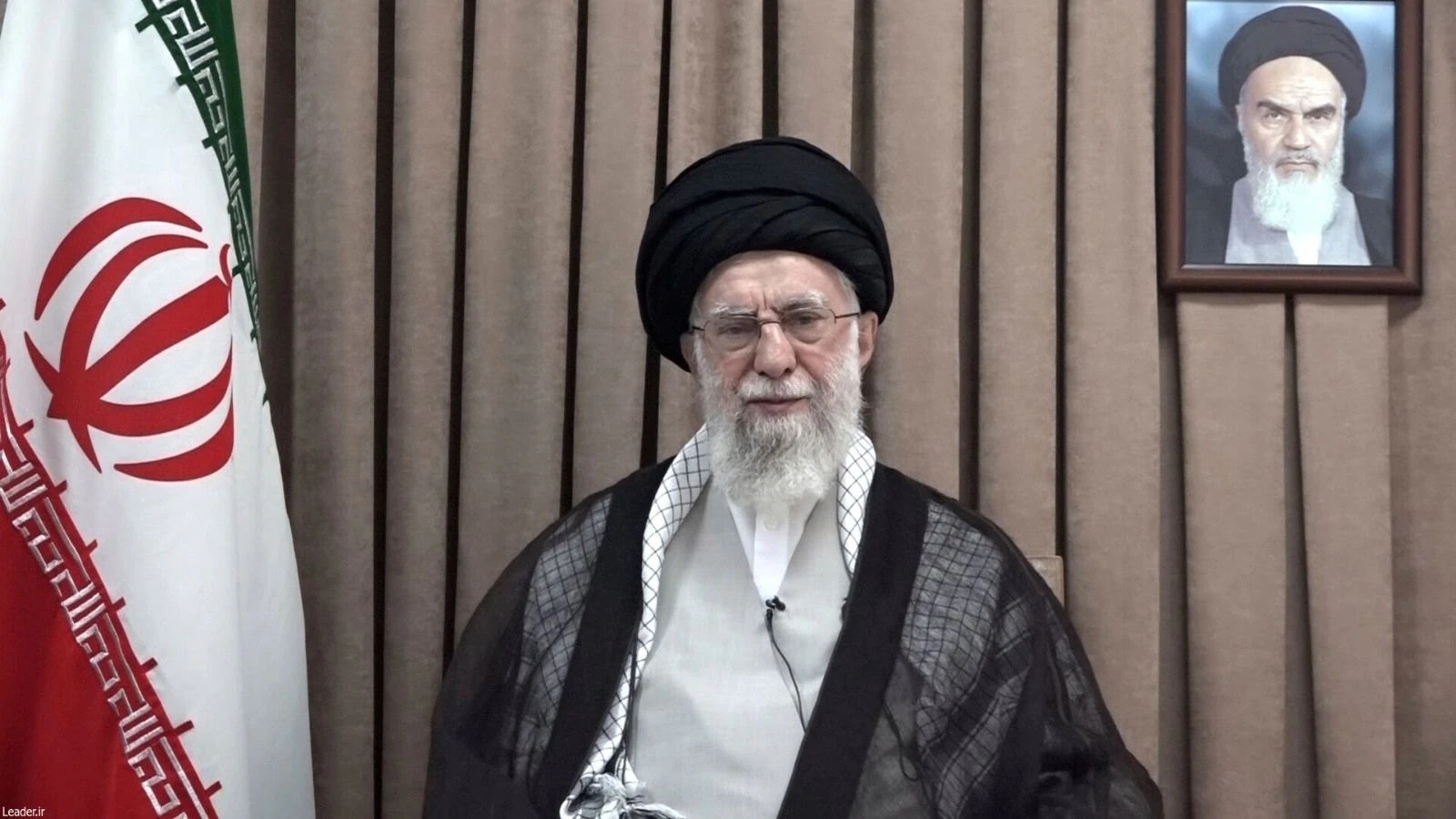Amid escalating tensions and fears of assassination, Iran’s Supreme Leader Ayatollah Ali Khamenei has taken unprecedented steps to secure the continuity of his regime and safeguard the Islamic Republic during one of its gravest crises in decades.
According to three Iranian officials familiar with emergency war protocols, Khamenei has largely cut off electronic communications.
It is said that he now interacts with his top commanders solely through a trusted intermediary to shield his whereabouts from foreign intelligence.
From a heavily fortified underground bunker, the 86-year-old ayatollah has devised a robust contingency plan.
This reportedly includes naming successors to key military roles in case more of his senior commanders are eliminated.
In an extraordinary move reflecting the severity of the moment, Khamenei has also identified three senior clerics as possible successors to himself should he be killed.
This is a remarkable break from Iran’s normally opaque succession process.
These defensive measures follow a barrage of Israeli airstrikes, which began last Friday and now represent the most severe military attack on Iran since the 1980s war with Iraq.
In just a few days, the Israeli assault has inflicted more devastation on Tehran than Saddam Hussein managed over eight years of conflict.
Despite the initial shock, Iran has regrouped swiftly, launching daily retaliatory strikes on Israel that have struck a hospital, oil facilities in Haifa, and civilian infrastructure.
At the same time, top Iranian officials are preparing for a variety of wartime scenarios, including possible U.S. involvement—a move that could drastically escalate the conflict.
Iran’s leadership chain remains intact, say both insiders and diplomats in Tehran, though the impact on its upper ranks has been severe.
Khamenei, viewing a potential assassination as martyrdom, has directed the Assembly of Experts, the clerical body responsible for choosing Iran’s supreme leader, to be ready to appoint his successor swiftly, using his provided shortlist.
Traditionally a slow and secretive process, this shift underscores his desire to ensure political stability amid wartime chaos.
Vali Nasr, a Middle East expert, noted, “The preservation of the state is the top priority. Everything Khamenei is doing is strategic and pragmatic.”
Khamenei’s influence extends over Iran’s military, judiciary, and government branches, and his position as Vali Faqih, or chief religious authority, gives him immense control.
Notably absent from the list of successors is his son, Mojtaba, long rumored to be groomed for power.
Another previously likely contender, President Ebrahim Raisi, died in a 2024 helicopter crash.
Since the conflict began, Khamenei has appeared publicly only twice through pre-recorded video addresses.
In them, he vowed resistance, declaring, “The people of Iran will stand against a forced war.”
Normally based in a fortified compound in central Tehran, Khamenei’s retreat to a bunker reveals how devastating Israeli strikes have been.
These attacks have targeted military installations, nuclear sites, senior commanders, and even scientists in residential areas.
Civilian casualties are mounting rapidly, with hundreds dead and thousands injured.
Iran also faces a covert war within its borders.
Officials say Israeli operatives embedded across the country have helped launch attacks on key energy and military targets.
Mahdi Mohammadi, adviser to Parliament Speaker Mohammad Ghalibaf, acknowledged a critical intelligence failure: “Our senior commanders were all assassinated within one hour.
“We failed to detect Israel’s months of planning.”
Iran’s leadership now fears three primary threats: a strike on Khamenei, U.S. entry into the conflict, and further destruction of infrastructure.
If the U.S. does intervene, it would possess the only weapon capable of breaching Fordo, Iran’s mountain-shielded nuclear facility – a 30,000-pound bunker buster.
To reduce vulnerability, Iran’s intelligence ministry has banned the use of phones and electronics among top officials, ordering all senior personnel underground.
Daily public advisories urge citizens to report suspicious behavior and avoid documenting attacks.
A near-total internet blackout has isolated Iran from the outside world.
Officials claim it is essential to stopping infiltrators from coordinating more strikes.
President Pezeshkian’s communications chief defended the move, saying it was to “protect civilian lives.”
The Supreme National Security Council has gone further, offering clemency to enemy collaborators who surrender by Sunday—after which, they face execution.
Tehran is now eerily deserted. Evacuations, checkpoints, and armed patrols dominate what were once bustling streets.
Yet, a newfound national unity is taking hold. Reformist politician Mohammad Ali Abtahi said the war has tempered political divisions and united Iranians across the spectrum.
Even critics of the regime have rallied behind Iran. Social media is flooded with patriotic messages.
National soccer players, doctors, and activists alike are expressing solidarity. “Iran’s soil is our red line,” posted footballer Saeid Ezzatollahi.
In response to the crisis, businesses are offering aid—providing shelter, food, and mental health support.
“We’re scared,” said Reza, a businessman sheltering near the Caspian Sea, “but we’re also standing together.
This is an attack on Iran, on all of us.”
Even prominent dissidents like Nobel laureate Narges Mohammadi warned against foreign strikes, saying, “Democracy cannot come through violence and war.”



